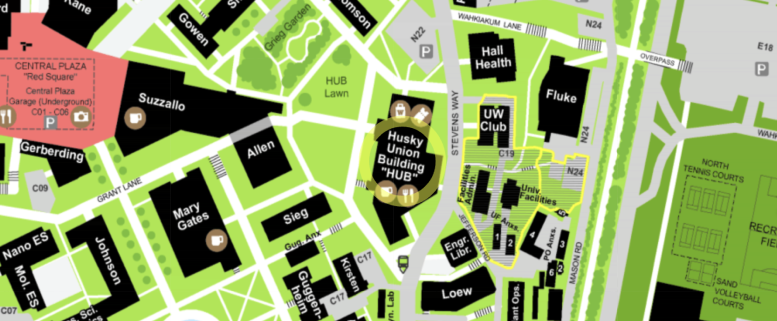Mechanical Test Lab: Upgrade to Instron 5585H
Mechanical Engineering
Requested:
$97,531
Status:
Declined
Awarded:
$0
Abstract
The ME Mechanical Test Lab provides hands-on access to testing equipment to both undergraduate and graduate students from across the UW campus. The Instron 5585 load frame is the most popular machine in the lab and functions well mechanically, but the control/data acquisition software and the optical measurement system are at the end of their useful lives and are no longer supported by the manufacturer. We are requesting funds to purchase the newest generation of control, data acquisition, and optical measurement systems which will bring the machine back up to the state of the art.
Access
Online reservation calendar through CORAL

